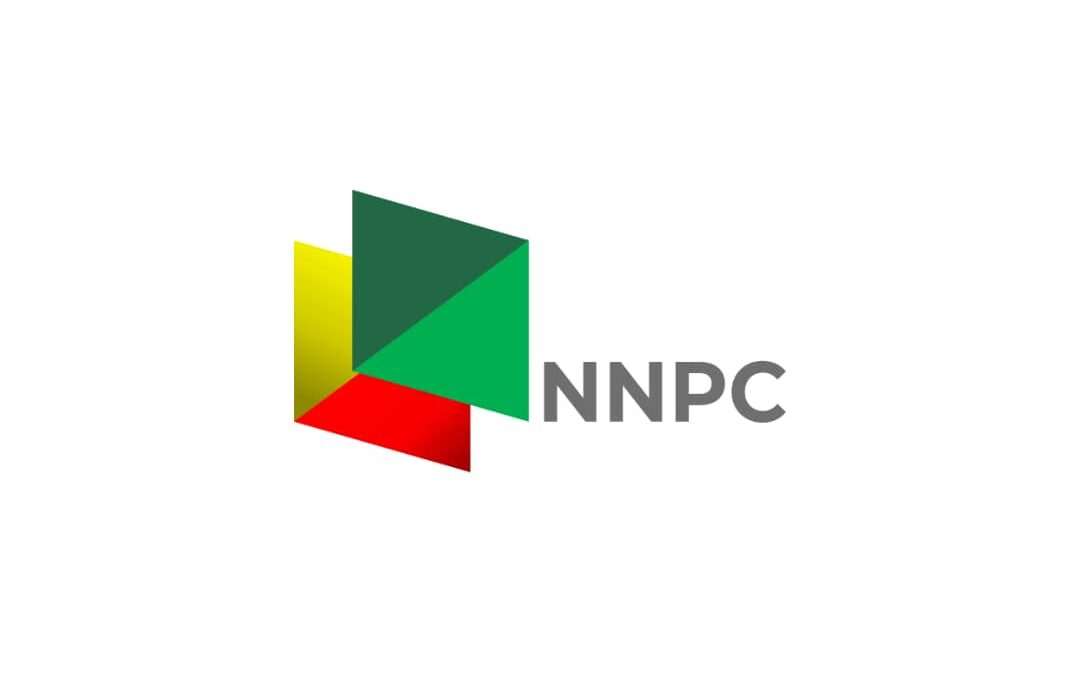Majority Leader in Parliament, Alexander Afenyo-Markin, has called for unity among Ghana’s political leaders to tackle issues of impunity and public dissatisfaction, aiming to prevent potential unrest similar to recent protests in Kenya.
Reflecting on these events, Afenyo-Markin, stressed the urgency for bipartisan efforts to address the root causes of public discontent, transcending political differences.
He cautioned against the political class’s preoccupation with rivalry, highlighting its potential to hinder national progress.
“The recent Gen Z activism in Kenya serves as a striking warning. To prevent such scenarios in Ghana, it is imperative that the political class collaboratively take proactive and comprehensive measures to address the underlying causes of public discontent,” he stated on Wednesday, July 3, 2024.
Addressing Parliament on the theme, “Rising Impunity in Ghana – A Threat to Democracy: The Role of the Political Class”, he further stressed the importance of aligning political efforts with public expectations.
“Our preoccupation with political manoeuvring should not blind us to the reality of public expectations. Let us recommit to a national agenda that not only leverages the potential of our youth but also unlocks the massive development potential often associated with a demographic dividend,” Afenyo-Markin added.
The majority leader’s comment, follows a similar fear expressed by Former National Security Minister, Francis Poku who cited growing disillusionment with democratic governance while speaking at a Republic Day lecture at the Ghana Armed Forces Command and Staff College (GAFSC).
Mr Poku, highlighted that many people are losing faith in democracy, viewing military rule as a better alternative.
“I am telling you authoritatively that people are losing confidence in democracy, the instant reaction is military rule is better. It shouldn’t be so. Knowing what we’ve been through under military regime, why should they?” he quizzed on July 1.
He stressed the importance of addressing this issue to prevent further erosion of democratic principles. According to him, the failure to do so could lead Ghana towards another history of anocracy.
Mr Poku, pointed out that anocracy, characterised by instability and factionalism following the end of strong leadership, has previously plagued Ghana.
He noted that before the 1992 Constitution, governments struggled to last more than 27 months.
He, therefore, urged citizens to reflect on these issues and work towards strengthening democratic foundations to ensure stable and effective governance.
“We were going through a period of what we call anocary. When you have a strong person who occupies the throne for a very long time when he is not there, all kinds of things open up – anger and all factionalism and government don’t survive.
“After Nkrumah was the beginning of an anocracy and we did not see stability. Government did not last for more than 27 months until the 1992 Constitution. So this is a test and I believe that.”
Echoing these sentiments, Ododiodiodio MP Nii Lantey Vanderpuye, who witnessed the protests and violence in Kenya, highlighted the urgency of addressing youth unemployment.
“We should not be deceived. Yes, we can preach and preach and preach peace all the time. But when people think that the impunity of the political class is beyond their endurance, they will definitely react,” he said.
Vanderpuye, also raised concerns about the public’s perception of government institutions.
“Today, as we sit here, the perception out there is that the executive is corrupt. The judiciary has become a political pawn. We, the legislature, are selfish and uncaring, and they have low expectations of our ability to fight for them. And that is a danger,” he warned.
Afenyo-Markin, had warned “Ghana has long been celebrated as a beacon of democracy and stability in Africa, a testament to the resilience of our institutions and the activism of our political class. However, beneath this grace lies an emerging reality: the detrimental effects of our politics. The political class is increasingly consumed by a desire to outdo each other, leading to measures aimed more at undermining opponents than fostering national progress”.
“While the political elite focuses on electoral battles and building political capital, a significant portion of the population, including the youth, is being left behind. Consequently, the demographic potential of our youth, often praised as a critical driver of development, remains largely untapped. Entrepreneurship and employment opportunities are scarce, and even those few opportunities face challenges.
“Our artisans, often criticized for their work attitudes, are losing jobs in the construction sector to artisans from neighbouring countries, even for basic tasks we once took for granted. The potential for entrepreneurship is further diminished as people increasingly prefer to invest in the money market, deterred by the prevailing work attitudes from setting up businesses.
“The government has significantly addressed these challenges through social intervention programs. However, these initiatives alone, without the united support of the political class, may fall short of delivering the comprehensive results needed, resulting in counterproductive outcomes to our reasonable gains over the years.
“The consequences may be dire for our stability. Throughout history, frustrations and disillusionment among the masses, including the youth, have led to significant social and political unrest. The recent Gen Z activism in Kenya serves as a stark warning. To prevent such scenarios in Ghana, it is imperative that the political class collaboratively take proactive and comprehensive measures to address the underlying causes of public discontent. Our preoccupation with political maneuvering should not blind us to the reality of public expectations.
“Let us all recommit to a national agenda that not only leverages the potential of our youth but also unlocks the massive development potential often associated with the demographic dividend.
The post Majority leader warns against growing impunity & public disaffection appeared first on The Herald ghana.



